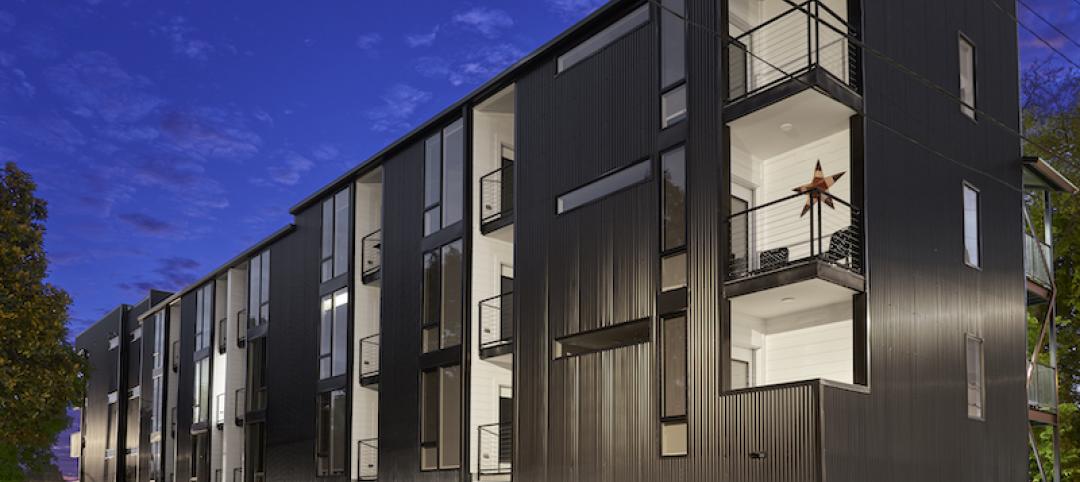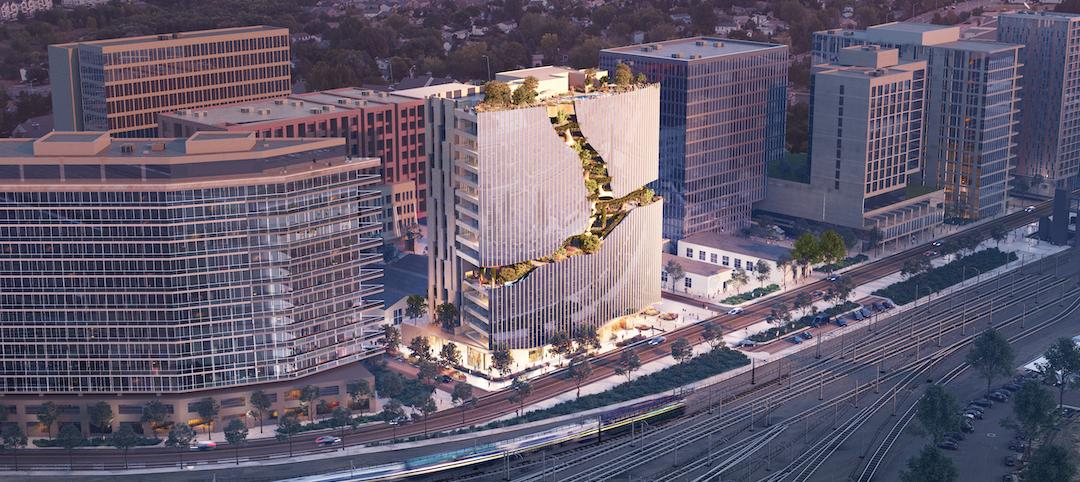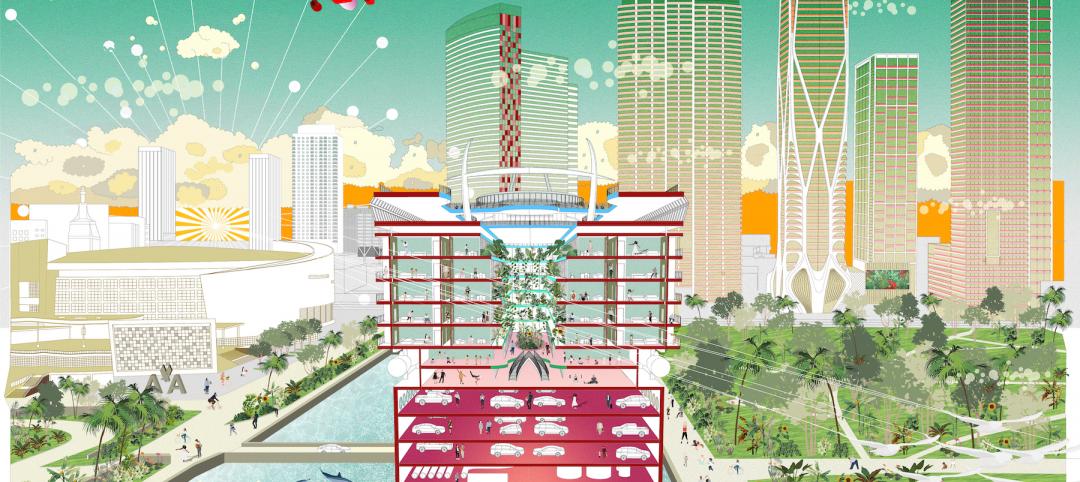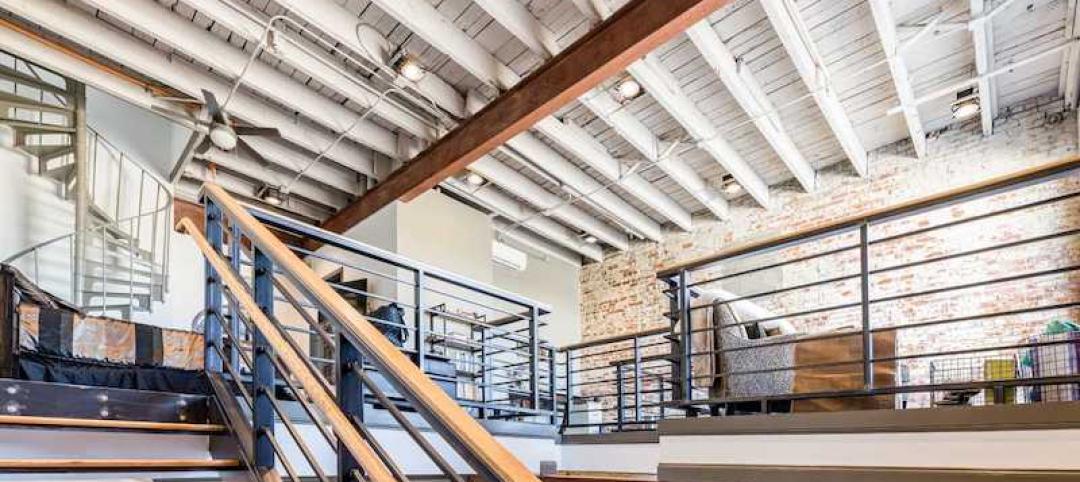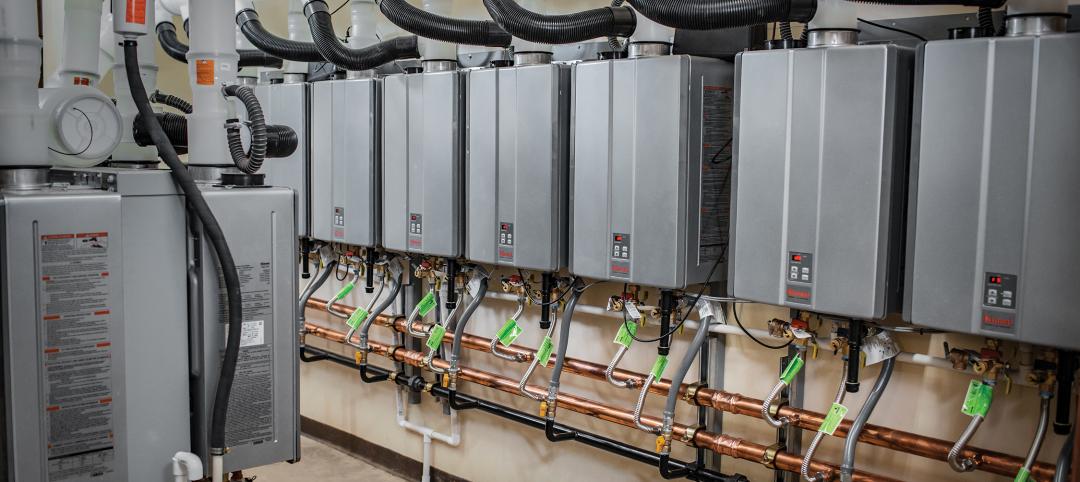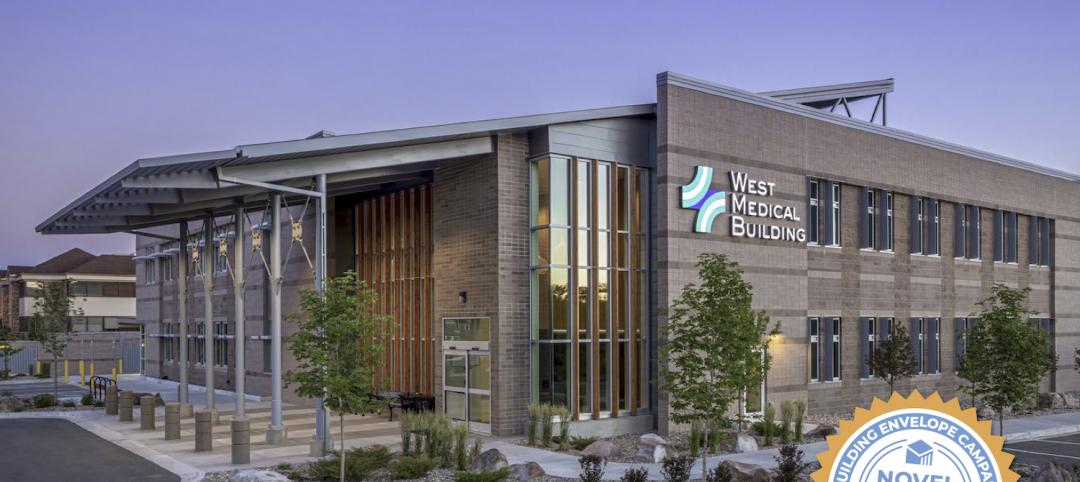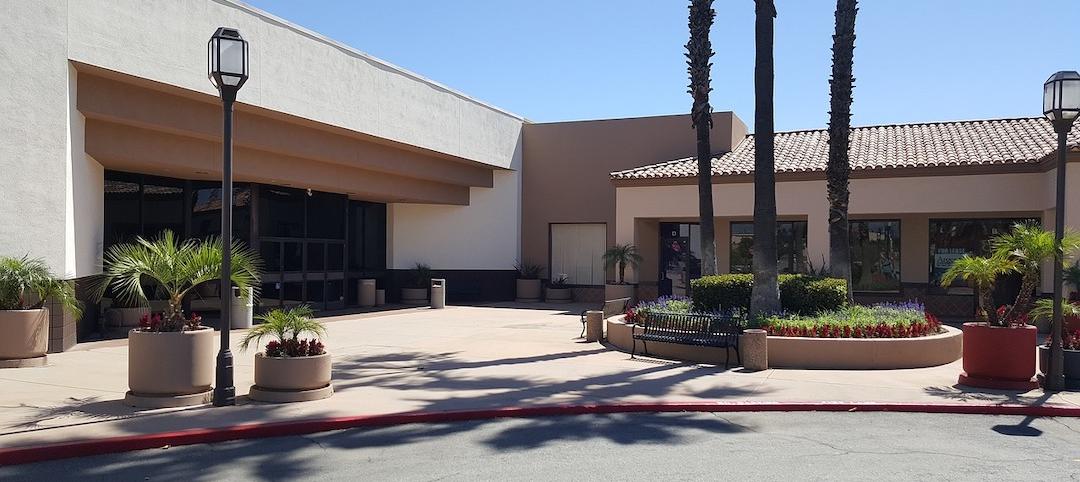In its latest Supply and Demand Outlook for the Los Angeles Apartment Market, the real estate brokerage and research firm Marcus & Millichap stated that L.A. “is in the midst of the largest housing boom in decades, as developers rush to complete projects in the county.”
Last year, 10,200 rental apartments came online in Los Angeles, and another 8,500 could be added in 2015.
That construction activity should be good news for Los Angeles’ overall economy, if history repeats itself. Research commissioned by the National Multifamily Housing Council and the National Apartment Association finds that apartment construction, operations, and resident spending contributed $63.1 billion and supported more than 534,900 jobs in the Greater Los Angeles area in 2013.
Those findings were released earlier this week by the Apartment Association of Greater Los Angeles, which represents 20,000 building owners and managers in Southern California.
In 2013, Los Angeles had 3,039,590 million people—23% of its population—living in 1,272,968 occupied rental homes and apartments. Thirty eight percent of those apartments are one-person households.
In 2013, Los Angeles had 3,039,590 million people—23% of its population—living in 1,272,968 occupied rental homes and apartments. Thirty eight percent of those apartments are one-person households. Apartment residents wielded $23.4 billion in spending power.
The study reports that two-thirds of the building permits issued in Los Angeles County were for multifamily. And it breaks down the economic contribution of apartment construction ($5 billion, or more than any other metro area in the country), operations ($11 billion), and rents ($47.1 billion).
Marcus & Millichap, though, raises some red flags about whether this economic bounty will continue. It notes that anticipated upward pressure on interest rates could temper investors’ enthusiasm for the apartment sector, further dissipating the buyer pool.
The research firm also notes that recent weakness in absorptions and rent growth—the latter of which increased by 4.4% in 2014 and is expected to rise by 5.2% this year to an average of $1,842 per month—might also make investors think twice about projects still on the drawing board.
Related Stories
Sponsored | | Nov 15, 2021
How TDK Construction Saves Time and Money with EXACOR™ MgO Panels: Getting in on the Ground Level
Smart decisions made at the start of multifamily design-builds can improve efficiency on the job site, keeping projects on-time and on-budget, so you can make your properties profitable sooner. TDK Construction did just that on a recent luxury apartment project in Tennessee.
Multifamily Housing | Nov 14, 2021
How to build better parking for multifamily housing projects
In designing and building multifamily projects, parking determines everything from site suitability to the building’s footprint to revenue optimization.
Multifamily Housing | Nov 9, 2021
MAD Architects unveils One River North design
The project is set to rise in Denver.
Hotel Facilities | Nov 3, 2021
California’s Hotel del Coronado is finishing up the final piece to its Master Plan
A 75-residence Shore House will be family oriented and meeting commodious.
Multifamily Housing | Nov 3, 2021
Courthouse becomes mixed-income housing development
The project is located in Worcester, Mass.
Adaptive Reuse | Nov 1, 2021
CallisonRTKL explores converting decommissioned cruise ships for housing
The rapid increase in cruise ship decommissioning during the last 18 months has created a unique opportunity to innovate and adapt these large ships.
Multifamily Housing | Oct 31, 2021
Developer chooses ductless HVAC system for the Lofts at Empire Yards
Georgia developer chooses ductless systems for their performance, quiet operation, and efficiency 'in a nice, sleek package.'
Multifamily Housing | Oct 31, 2021
Propane tankless water heaters conserve water and energy
Propane tankless water heaters offer efficient, on-demand hot water for multifamily buildings.
Cladding and Facade Systems | Oct 26, 2021
14 projects recognized by DOE for high-performance building envelope design
The inaugural class of DOE’s Better Buildings Building Envelope Campaign includes a medical office building that uses hybrid vacuum-insulated glass and a net-zero concrete-and-timber community center.
Multifamily Housing | Oct 22, 2021
A plan to solve California's housing crisis
A framework for workforce housing, environmental repair and economic balance.



